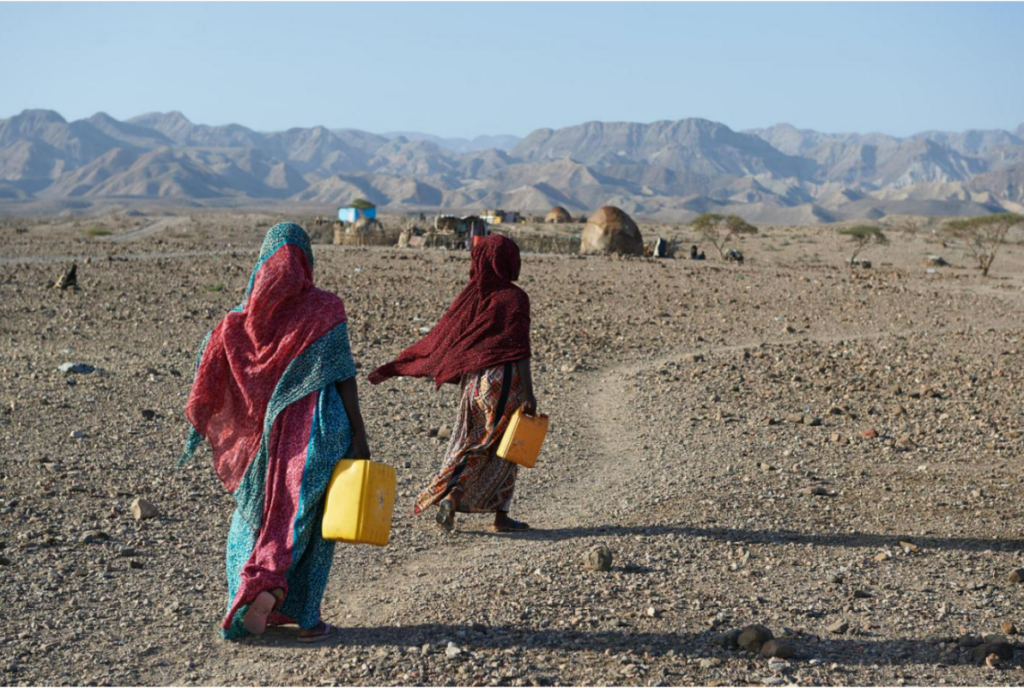Water Scarcity: Advocacy Efforts to Solve a Worldwide Issue

Image Courtesy of UNICEF
By Léa Bossert, Joseph de la Rué, Claudia Torrents, Marco Di Pietro, and Sarah Rouger
Did you know that ⅕ of the world’s population (1.2 billion people) live in an area with water access problems? Water scarcity is a growing problem on Earth and takes root in many ways. Examples of how water scarcity is affecting the Earth include the collapse of country infrastructures, contamination of clean water supply, and armed conflict over the poor management of water resources. Climate change, as well as human factors, highlight the inequalities in access to water. The lack of water has significant consequences, such as famine, disease, increased gender inequality, and biodiversity loss. It is challenging to realize this when the average daily water consumption in America is 700 liters. In comparison, it is only 50 liters in Africa.
Through our “Global Issues” course, we have seized the opportunity to engage in this fight against the global water crisis with the core idea of educating American citizens. Our advocacy work started with posters in the university’s restrooms to remind students that “every drop counts. Next, we met with DC residents to discuss and ask them questions about their access to clean water, and their knowledge of water scarcity worldwide. Children and women in sub-Saharan Africa must walk an average of 3.7 miles to find a water source, the equivalent of walking from the Capitol building to the Lincoln Memorial twice. This is a staggering distance when put into perspective, especially because most people can walk 5 feet to their kitchen sink in America. Next, we made extensive use of social media to impact our audience. Working from a short documentary, we created an Instagram page to provide visibility on some unknown facts (@cua4water, feel free to follow us!). Finally, our topic led us to organize an event called “the OXFAM banquet”, together with the group working on food poverty, to highlight the inequalities of access to resources worldwide.
After us, what would you like to do? What are your ideas? How can you change your daily habits to contribute to better water consumption? If you think that one individual action on your part will not change the course of things, think again! If everyone acts, lives can be saved, and the world can move forward.







